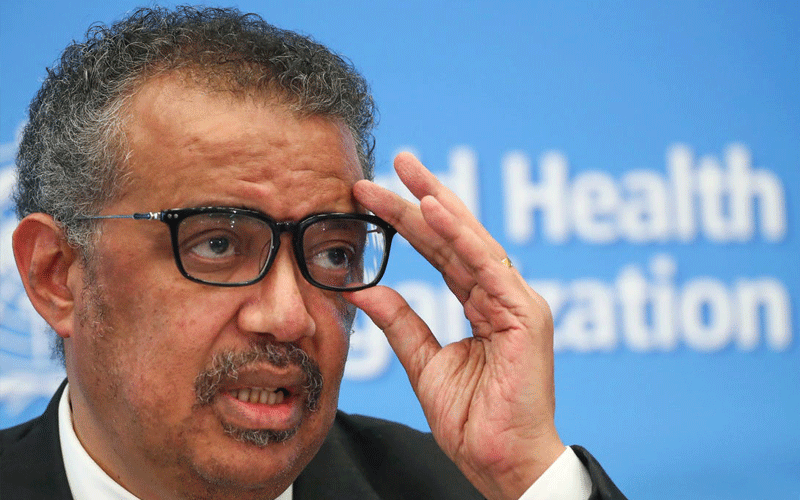UN needs a new creed to solve credibility crisis
By Stephen.Ndegwa, October 28, 2021Disclosures published in September indicate that several staff of WHO had engaged in sexual abuse and exploitation during their tour of duty in the Democratic Republic of the Congo (DRC).
The WHO report by the organisation’s self-appointed independent commission identified more than 80 alleged cases of abuse during the response to the Ebola outbreak from 2018 to 2020, including allegations implicating 20 WHO staff members.
WHO Director General Tedros Ghebreyesus said the incident was “a sickening betrayal of the people we serve,” including “our colleagues who put themselves in harm’s way to serve others”.
The challenge laying ahead now was ways in which WHO would rebuild the lost trust.
Well, this was not the first time that UN staff had been accused of sexual misconduct on vulnerable populations.
The organisation has also been cited for other crimes including misgovernance induced corruption and abetting human trafficking.
In one of the latest scandals, a draft report by the UN Development Programme’s office of audit and investigations dated November 2020 described “financial misstatements” worth millions of dollars across the Program’s global portfolio of the Global Environment Facility.
This and other hushed scandals in the UN over the years has left many unanswered questions, with observers wondering what else could have already happened, or is already happening that has been swept under the carpet.
Being as it is though, there has been little or no respite for those aggrieved as it seems in the geopolitical status quo, some members are more equal than others in the UN. But change is inevitable, whether naturally or forced.
There is no belaboring the point here as the world celebrated the UN Day on October 24.
The UN has lost its moral compass and needs to rediscover its original mandate as stated in the organization’s Charter ratified on June 26, 1945 in San Francisco, US.
According to the Charter’s Preamble, the UN was determined to save succeeding generations from the scourge of war, to reaffirm faith in fundamental human rights and promote social progress, among other noble ideals.
The Big Brother syndrome in the UN Security Council has undermined the wellbeing of those with no or little veto powers during crunch times.
Weak countries are arm twisted to support the whims of the big powers. In many cases, this alliance has overlooked UN’s mandate and engaged in unilateral actions, exacerbating inequalities and injustice.
Simply getting back on track is not sufficient for the radical surgery the UN needs. The organisation needs to restructure its vision and mission to reflect the new global and regional realities.
The leadership crisis is due to the fact that the UN has not changed with the times.
Some of the challenges during its establishment are currently non-existent or insignificant, others have become worse, while new ones have emerged.
Some countries that were totally powerless at the time are currently at par with hitherto superpowers, while some of the latter are fighting for survival.
Luckily, the world is not short of redemptive ideas if those in the top UN’s decision making positions can be open minded to accept them without prejudice.
China has become the go-to country for problems that need expert and unbiased advice.
In this case, China’s position paper on its cooperation with the UN released by the country’s Foreign Ministry on October 22 has great insights of what can be done.
Since the restoration of all the rights of the People’s Republic of China in the UN on October 25, 1971 both parties have expanded and deepened their relations over the last 50 years.
The UN has benefited immensely from China’s contribution to world peace, development and humanitarianism.
The country has wholly supported the UN in its mandate in the areas of human rights and health.— The writer is an international affairs columnist
